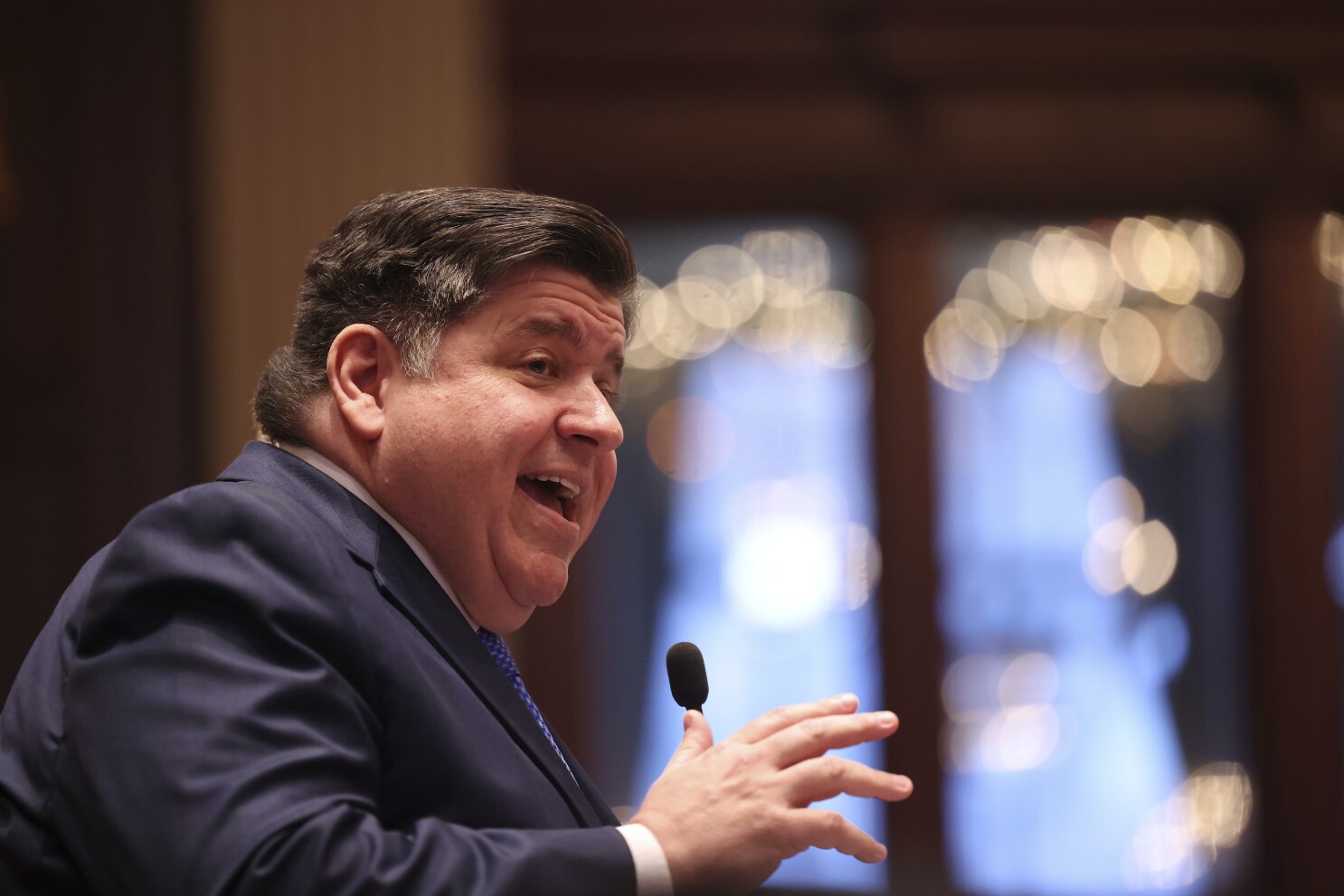In February, Illinois Governor J.B. Pritzker introduced a bold budget proposal amounting to $52.7 billion, aimed at tackling a myriad of pressing issues and bolstering critical initiatives like education and economic infrastructure. However, amidst this comprehensive plan lies a significant and contentious component – a proposed betting tax increase.
Understanding Illinois’ Betting Tax Landscape
Tax Rates for Mobile and Land-Based Betting
Currently, mobile betting operations in Illinois are subjected to a 15% tax on revenue, while land-based betting establishments face slightly higher tax rates ranging from 15% to 17%. Although these rates are relatively moderate compared to those in other states, there’s considerable room for adjustment, given the revenue potential within the industry.
Illinois Governor Pritzker’s Ambitious Tax Hike Proposal
Gov. Pritzker’s budget includes a bold move to raise the betting tax from its current 15% to a substantial 35%. This ambitious hike is projected to inject an additional $200 million into the state’s coffers. However, the proposal has sparked intense debate and garnered mixed reactions from various stakeholders, particularly those deeply entrenched in the betting and gaming sector.
Opposition from Key Industry Players
FanDuel, a prominent player in the betting and gaming industry, has vehemently opposed the proposed tax increase. In a bold move, the company directly reached out to its Illinois customers, urging them to reject the tax hike and providing detailed instructions on how to voice their opposition to Gov. Pritzker and state representatives. This stance underscores the industry’s concerns about the potential repercussions of the tax hike on both businesses and consumers.
Insights from FanDuel’s CEO
Amy Howe, the CEO of FanDuel, has emphasized the critical need for striking a delicate balance when contemplating tax rate increases. While acknowledging the importance of revenue generation for the state, Howe has cautioned against measures that could stifle competition and inadvertently drive consumers towards unregulated markets. Finding this equilibrium is pivotal in ensuring the sustainability of the industry while maximizing revenue for the state.
Weighing the Pros and Cons
As legislators and regulators deliberate on Gov. Pritzker’s proposed tax hike, they must carefully assess the potential benefits against the inherent risks. While increased tax revenue could undoubtedly bolster essential state initiatives, it’s imperative to mitigate any adverse effects on businesses and consumers. Ultimately, the primary objective should be to strike a balance that fosters growth, sustains healthy competition, and safeguards consumer interests.
Conclusion: Striking the Right Balance
Gov. Pritzker’s proposed betting tax increase has ignited intense debate and raised valid concerns within Illinois’ betting and gaming industry. While the potential for increased revenue is evident, it’s crucial for legislators and regulators to navigate this proposal carefully, ensuring that any tax adjustments strike the right balance between revenue generation and industry sustainability.
FAQs About the Betting Tax
1. What prompted Gov. Pritzker to propose such a significant betting tax increase?
Gov. Pritzker aims to bolster state revenue streams to support critical initiatives like education and infrastructure development.
2. How might the proposed tax hike impact Illinois’ betting and gaming industry?
Industry players fear that the tax increase could lead to decreased competitiveness and potentially drive consumers towards unregulated markets.
3. What is FanDuel’s stance on the proposed tax hike?
FanDuel has openly opposed the tax increase, citing concerns about its potential impact on businesses and consumers.
4. What are the potential consequences of an increased betting tax rate?
Amy Howe warns of potential unintended consequences, including reduced competition and a potential shift towards unregulated markets.
5. How should legislators and regulators approach the proposed tax hike?
They must carefully weigh the potential benefits against the risks, prioritizing the sustainability of the industry and consumer protection.
6. What measures can be taken to mitigate any adverse effects of the tax hike?
Striking a balance that fosters growth, competition, and consumer protection should be the primary objective.


















